
The Battle
How the Fight between Free Enterprise and Big Government Will Shape America's Future
Published by Basic Books, a subsidiary of Perseus Books LLC
ISBN: 9780465019380
Pages: 192
Recommendation
Nothing less than the future of America is at stake, says conservative public policy expert Arthur C. Brooks in his dissection of the nation’s political and economic scene. Relying on surveys, polls and statistics (some almost up-to-the-minute, some quite dated), he posits a split in the U.S. between a 70% majority that supports free enterprise, limited government and less taxes, and a 30% minority made up of the “intellectual upper class” and its followers who cheer “social democracy,” big government and soaking the rich. Brooks, head of the American Enterprise Institute, discusses the U.S.’s historical love of free enterprise. Along with the expected critiques of the liberal media and academia, he makes an accessible case that free enterprise’s supporters should focus less on money and materialism as the reasons for their advocacy, and more on the morality and values of personal achievement and success in an opportunity-driven economy. getAbstract suggests his book – an extended editorial statement – to all sides of the political spectrum whether it confirms your opinions or acts a basis for worthwhile debate.
Summary
About the Author
Arthur C. Brooks, president of the American Enterprise Institute for Public Policy Research, has written eight books, including Gross National Happiness and Who Really Cares.









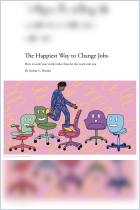

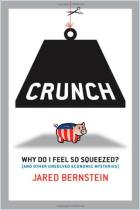
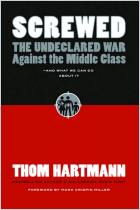
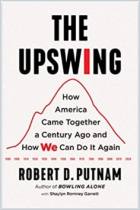
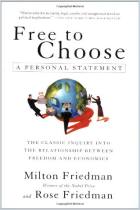
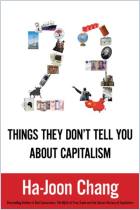
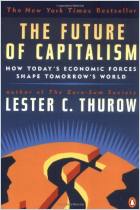



Comment on this summary